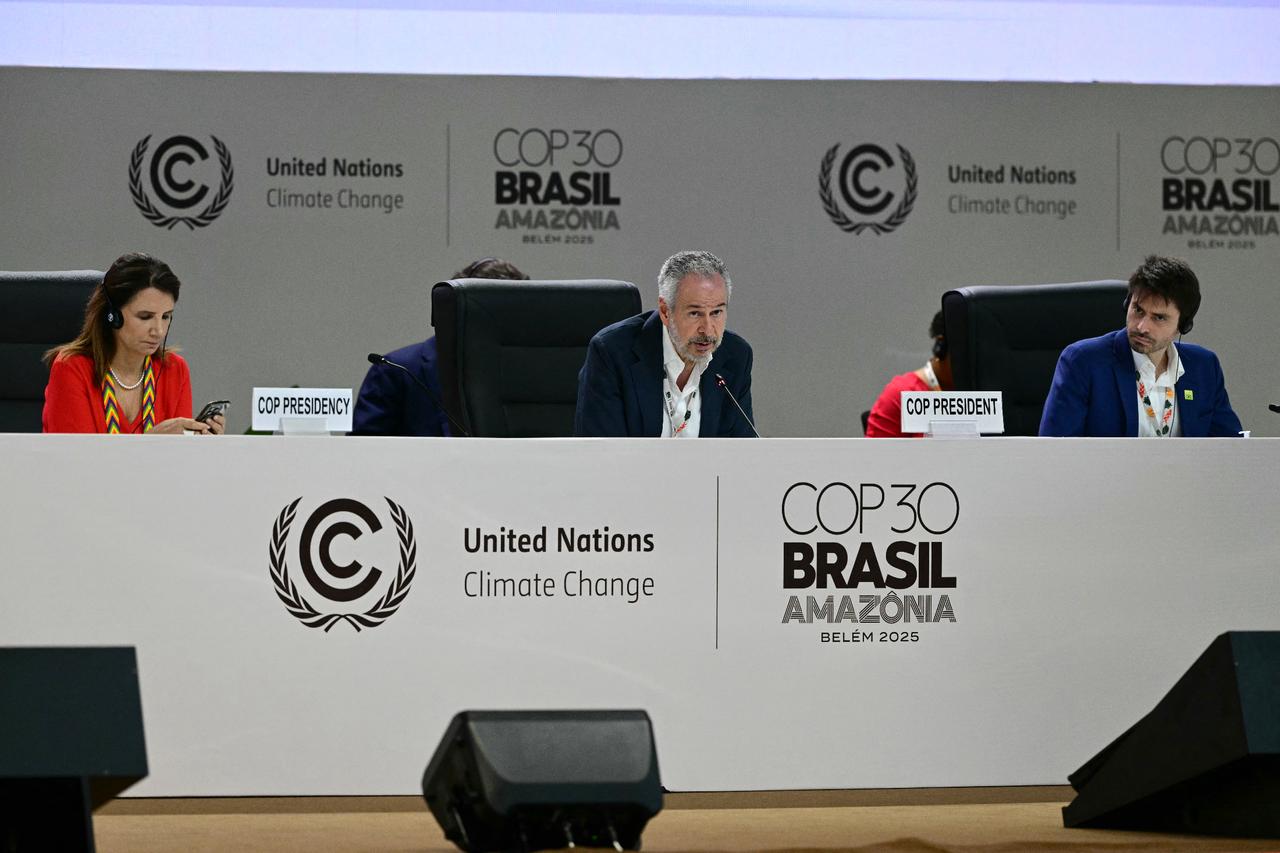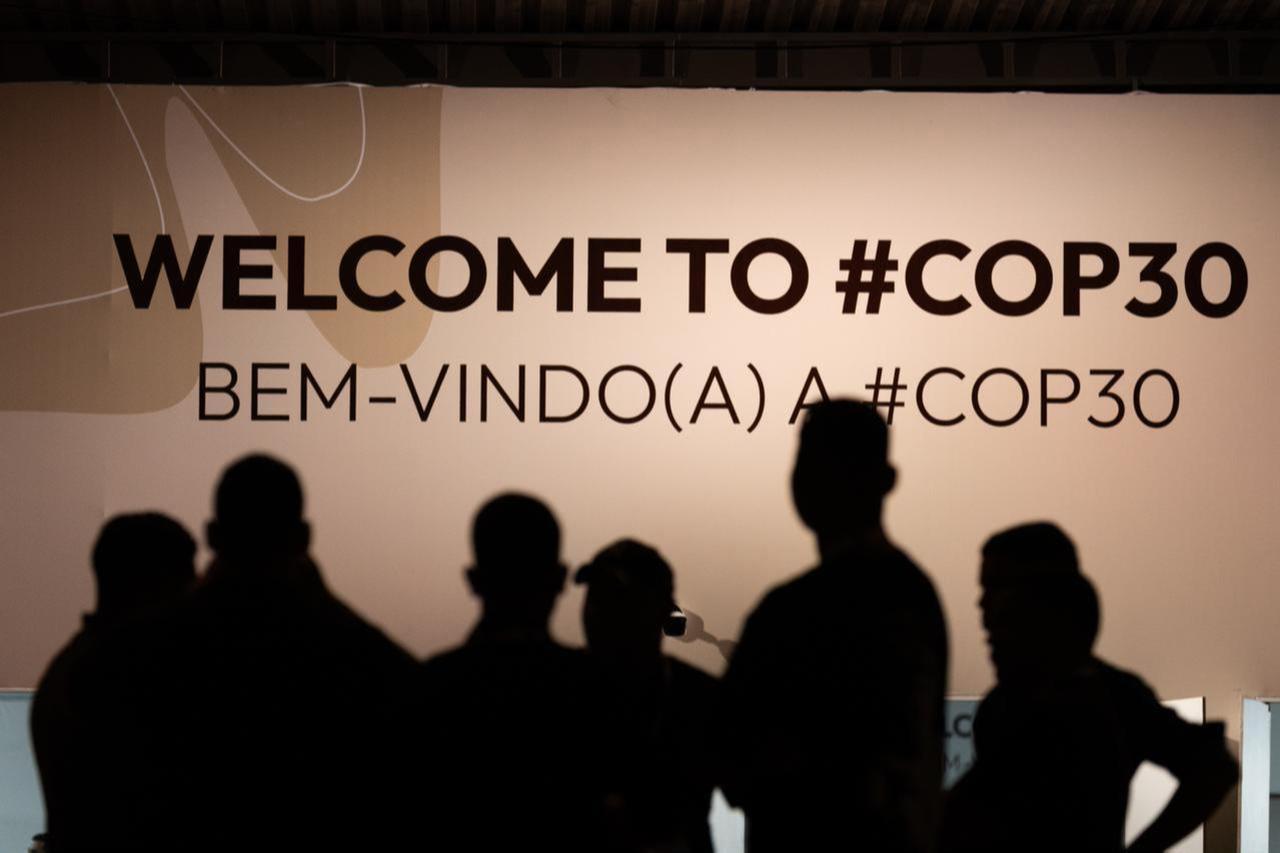
International climate negotiations in Brazil extended past their Friday deadline as a bitter dispute over whether to mention fossil fuels in the final agreement threatened to collapse talks aimed at accelerating cuts to planet-warming emissions.
The standoff at COP30 in Belem exposed deep divisions between wealthy nations demanding explicit language on phasing out oil, coal and gas, and developing countries resisting such commitments. A new draft agreement released by host country Brazil contained no reference to "fossil fuels" or a transition "roadmap," despite President Luiz Inacio Lula da Silva publicly supporting such terminology.
European Union climate commissioner Wopke Hoekstra declared the text "unacceptable" and warned the summit could end without a deal. "I am saying it with a heavy heart, but what is now on the table is clearly no deal," he told reporters as negotiators returned to closed-door discussions.
The conference, which was scheduled to conclude at 6:00 pm local time Friday, pushed into overtime as diplomats sought compromise among nearly 200 nations whose consensus is required for any agreement. The United Nations climate conference framework requires unanimous approval, making any holdout nation capable of blocking a deal.

Thirty-six countries spanning wealthy nations, emerging economies and small island states warned Brazil in a letter that they would reject any agreement lacking a plan to move away from fossil fuels. The push builds on frustration over limited progress following the COP28 agreement in Dubai in 2023, where participating nations agreed to transition away from fossil fuels.
France's ecological transition minister, Monique Barbut, identified oil-rich Russia and Saudi Arabia, along with coal producer India and numerous emerging countries, as blocking consensus on fossil fuel language. The accusation drew a sharp rebuke from Arunabha Ghosh, a special envoy for South Asia at the talks, who criticized such "finger pointing."
"To assume that one side cares about the planet and the other side, because they are unhappy with the formulation, does not care about the planet does grievous harm to the spirit of negotiations," Ghosh said. He defended excluding a fossil fuel phaseout roadmap by arguing that developing countries must ensure energy security and manage transitions for workers dependent on the energy sector.
Brazilian diplomat Andre Correa do Lago, who heads COP30, acknowledged the difficulty of reaching agreement. Those who doubt cooperation is the best path forward on climate change "are going to be absolutely delighted to see that we cannot reach an agreement between us," he said.
Beyond the fossil fuel dispute, divisions over climate finance and trade measures added complications to the negotiations. The rejected draft called for a "manyfold increase" in financial support for developing nations and proposed efforts to triple adaptation finance by 2030 compared to 2025 levels.
Jake Schmidt, senior strategic director at the Natural Resources Defense Council, an advocacy group, said the EU faced pressure to commit to earlier increases in adaptation funding without securing concessions on other issues. "It's a tough pill to swallow," he said.
Hoekstra said the EU was "willing to be ambitious on adaptation" but insisted any financial commitments should align with the agreement reached at COP29 in Baku last year, where developed nations pledged $300 billion in annual climate finance by 2035. Climate finance helps poorer countries adapt to impacts like floods and droughts while transitioning to low-carbon economies.
The EU also faces resistance led by China and India to its carbon tax on imports including steel, aluminum, cement and fertilizers. Britain and Canada are preparing similar measures.
The negotiations occurred without United States participation after President Donald Trump declined to attend the summit. A fire at the conference site on Thursday briefly disrupted proceedings.